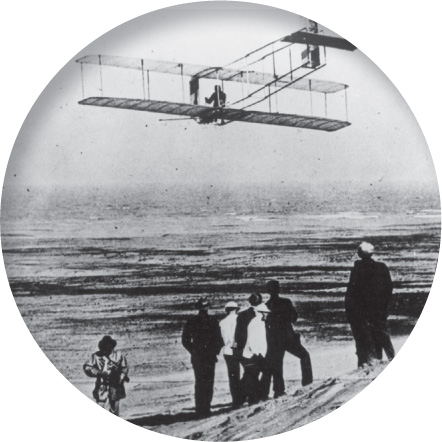Basic Economic Concepts
Basic Economic Concepts
SECTION1
- Module 1: The Study of Economics
- Module 2: Models and the Circular Flow
- Module 3: The Production Possibility Frontier Model
- Module 4: Comparative Advantage and Trade

THINKING LIKE AN ECONOMIST
All economic analysis is based on a set of common principles that apply to many different issues. Some of these principles involve individual choice—for economics is, first of all, about the choices that individuals make. Do you save your money and take the bus or do you buy a car? Do you keep your old smart phone or upgrade to a new one?
But in a market economy we make decisions in an environment shaped by the decisions of others—through economic interaction. Even the simplest decisions—like what to have for breakfast—are shaped by the decisions of thousands of other people, from the banana grower in Costa Rica who decided to grow the fruit we eat to the farmer in Iowa who provided the corn in our cornflakes.
To arrive at their theories about markets, economists use models, simplified representations of economic reality that allow for an understanding of a variety of economic issues. How helpful are models in the study of economics? To answer this question, let’s consider the experience of the Wright brothers.
In 1901, Wilbur and Orville Wright built a device that would change the world. It was not the airplane—their successful flight at Kitty Hawk (pictured above) would come two years later. What made the Wright brothers true visionaries was their wind tunnel, an apparatus that let them experiment with many different designs for wings and control surfaces. These experiments gave them the knowledge that would make heavier-than-air flight possible.
A miniature airplane sitting motionless in a wind tunnel isn’t the same thing as an actual aircraft in flight. But it is a very useful model of a flying plane. Needless to say, testing an airplane design in a wind tunnel is cheaper and safer than building a full-scale version and hoping it will fly. More generally, models play a crucial role in almost all scientific research—economics very much included. In fact, you could say that economic theory consists mainly of a collection of models.
In this section, we’ll introduce you to the study of economics, including the role of individual choice. We’ll look at how economists think and, in particular, how they use models in their work. We will then consider two economic models that are crucially important in their own right and also illustrate why such models are so useful.